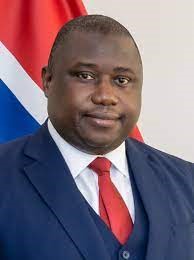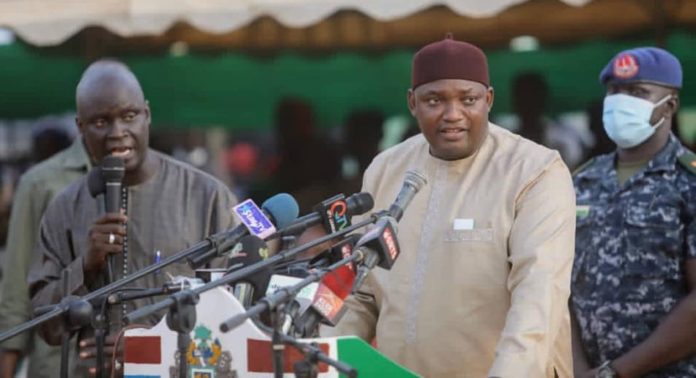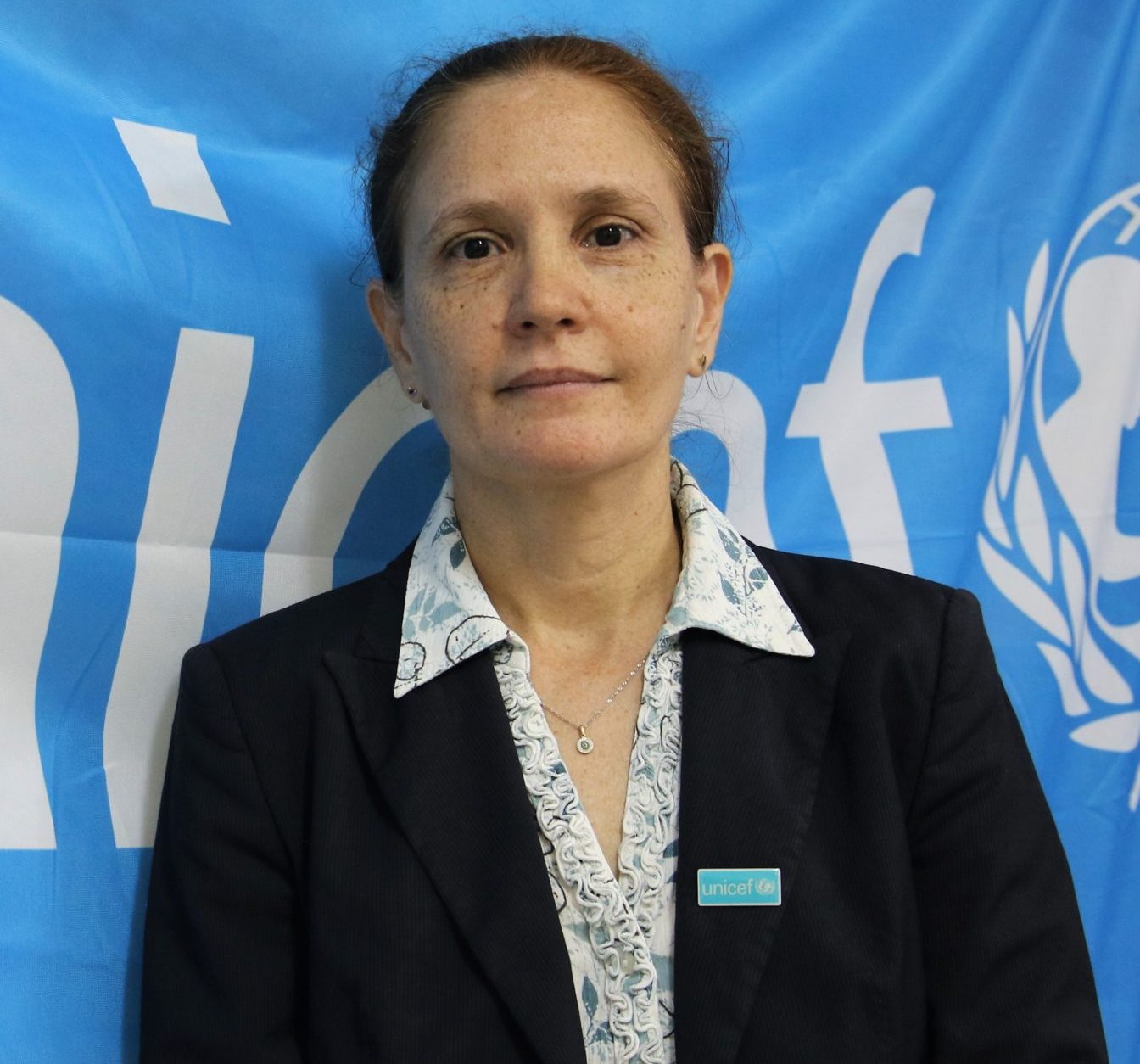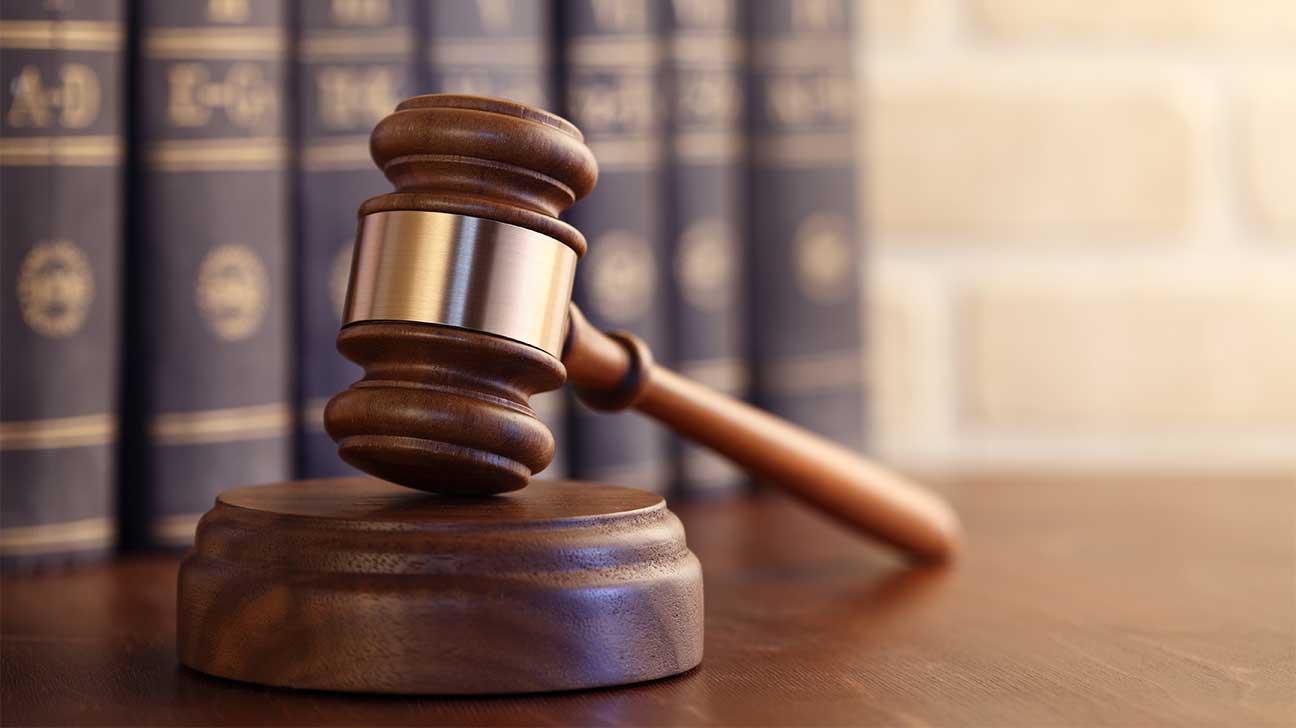By Binta Jaiteh
The Speaker of the National Assembly has on Tuesday scheduled the third reading of the Prohibition and Prevention of Torture Bill 2020 for Monday, 27th March 2023 after it was moved by the Attorney General and Minister of Justice.
Speaking during the consideration stage of the bill by the members and the Attorney General, Speaker Tombong Jatta urged that before this date the AG office should comply with order (72) 20 of the standing orders to ensure that the amendment version of the bill is printed and circulated to the members in advance.
According to the bill, clause 24, that No Amnesty for offense of torture, Attorney General and Minister of Justice Dawda A. Jallow said they do not have legislation that empowers any institution to grant Amnesty in the country what is in the constitution is the Prerogative Mercy Power vested in the President who is advised by the prerogative of mercy committee that he (Justice Minister) chair.
He said discontinuing a criminal trial does not give that accused person an amnesty, the state can come back on that particular matter at any time. Whereas amnesty has the potential to wipe it out completely they cannot come back “but we don’t have a law that wipes out an allegation of commission of a crime before you are prosecuted and convicted.”
He explained that if a State discontinues a criminal trial it is a prosecutorial decision that has been exercised for whatever reason to discontinue but the state is not prohibited from coming back on that matter except in a circumstance where at the time of entering nulling if sufficient evidence has been laid the court has the discretion to acquit and discharge on (our) its procedure.
If the person is acquitted and discharged instead of merely discharge then technically the state cannot come back on those charges based on those same facts. It is not an outright protection from prosecution, he added.
“We would not be able in this legislation to address what happens after conviction because the executive power of prerogative of mercy is constitutional and if you look at section 82 it says the president can grant such relief to any person noting that it doesn’t give an exception. Trying to forestall that will require a constitutional amendment the focus is that anybody accused of the offense must be prosecuted. Any convict is entitled to the prerogative of mercy somehow or the other in the committee work we look at a lot of things before we send the names to him, we have a guideline that certain offenses we don’t recommend to the President for mercy,” he expatiated on it.





